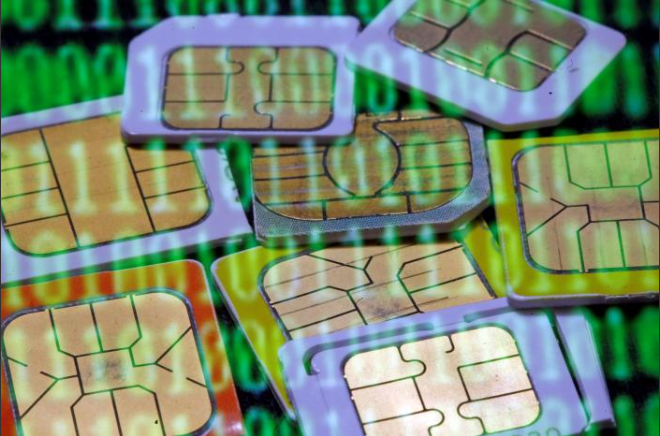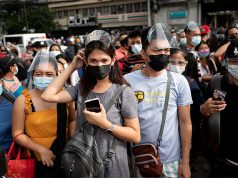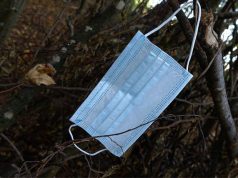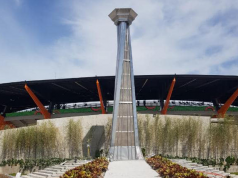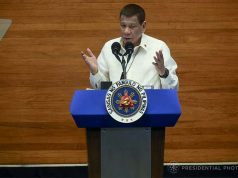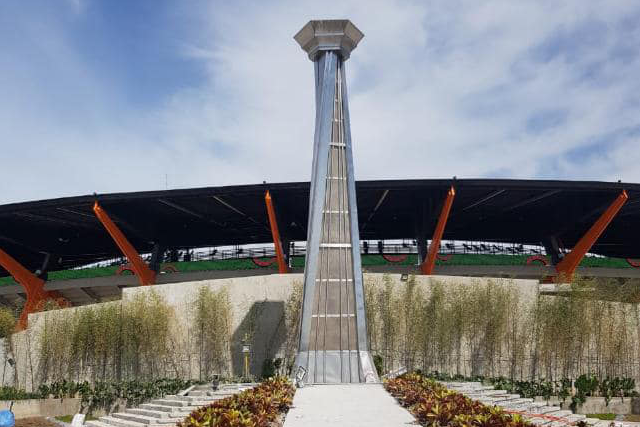
As a senate leader questions the high cost of the cauldron for the torch lighting ceremony of the 30th Southeast Asian Games, arguments surface that the funds could’ve been allocated to athletes who have consistently faced issues with financial support.
Senate Minority Leader Franklin Drilon called the P50 million budget for the cauldron an “extravagance” that was “unnecessary” and ordered a special audit to be conducted.
Reports note that the three-meter wide and 50-meter high cauldron is built by the Philippine Sports Commission. It will be placed at the entrance of the athletic stadium in New Clark City in Tarlac.
Drilon said the funds for a supposedly single-use project could’ve been used to build 50 classrooms instead.
“Is it valid, is it just that we do away with 50 classrooms to build a P50-million kaldero (pot) that we’ll use only once?” he asked.
“I am not even talking about overpricing. I am talking about the propriety of doing away with 50 classrooms in order to put up a P50-million kaldero,” Drilon added.
Sen. Sonny Angara, the chair of the Senate Committee on Finance, pointed out it was the Congress that appropriated the money for the projects.
He added that they did not have knowledge on how the budget would be distributed.
‘#SupportOurAthletes’
A number of Filipinos also questioned the amount as they recalled how challenging it was for national athletes to be financially supported by the government in the first place.
“‘Walang budget! Walang budget! Hindi na approve.’ Yan lagi naririnig ng mga atleta kapag nag-request ng funds for training and exposure abroad. Pero may budget ang gobyerno para sa 50M na kaldero,” Gretchen Malalad, a 2005 SEA Games karate gold medalist said.
She added the hashtag “#supportourathletes” in her post.
Another user suggested that the budget could’ve specifically covered the athletes’ allowances instead.
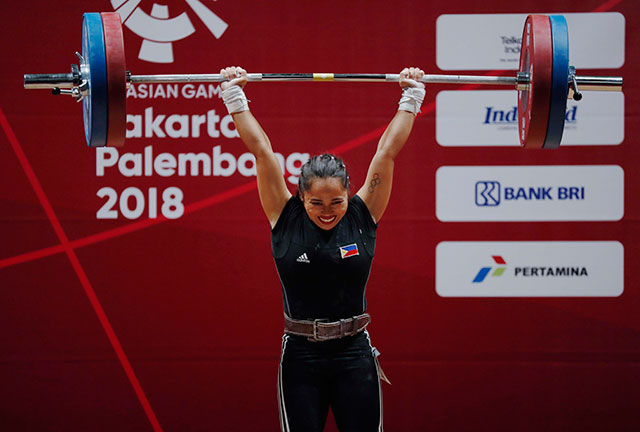
“The athletes don’t need a 50M cauldron. Come on! ‘Yang kaldero na ‘yan dapat nilagay sa budget ng kalderong pangkain! Idagdag niyo na lang sana sa food budget ng atleta. O di kaya para sa training,” the user wrote.
“Those athletes beg for better equipment. Sometimes ‘yung gastusin papuntang abroad, pahirapan pa. Tapos gagastos ‘yung commission ng 50 million for an effing cauldron? Imagine how that 50 million could’ve helped the athletes. Nakakagalit!” another Filipino said.
Issues on the government’s lack of financial support for national athletes have persisted through the years.
Earlier this month, the achievement of Filipino-American chess grand master Wesley So brought into the light the consequences of a similar scenario where athletes are denied financial support.
So once played for the Philippines but conflict with different sports agencies have prompted him to switch sides and play as a US representative instead.
Apparently, he was denied a P1-million incentive by the Philippine Sports Commission and the Philippine Olympic Committee in 2013 when they found out he received a gold medal from the World Universiade Games in Russia.
The incident, according to So’s adoptive mother, almost made him want to quit chess altogether.
Champion weightlifter Hidilyn Diaz also explicitly asked for sponsorships in light of her participation in Tokyo Olympics 2020 last June, citing difficulties in funds.
“Is it okay to ask sponsorship sa mga private companies towards Tokyo 2020? Hirap na hirap na ako, I need financial support,” she wrote in an Instagram Story before.
The athlete was bashed on social media for the move.
Last March, two members of the Philippine Paralympic swimming team revealed that they haven’t received any allowance from the government after joining the national training pool in 2017.
Their team coaches shared that the athletes were recommended to the sports agency but had failed to receive funds.




